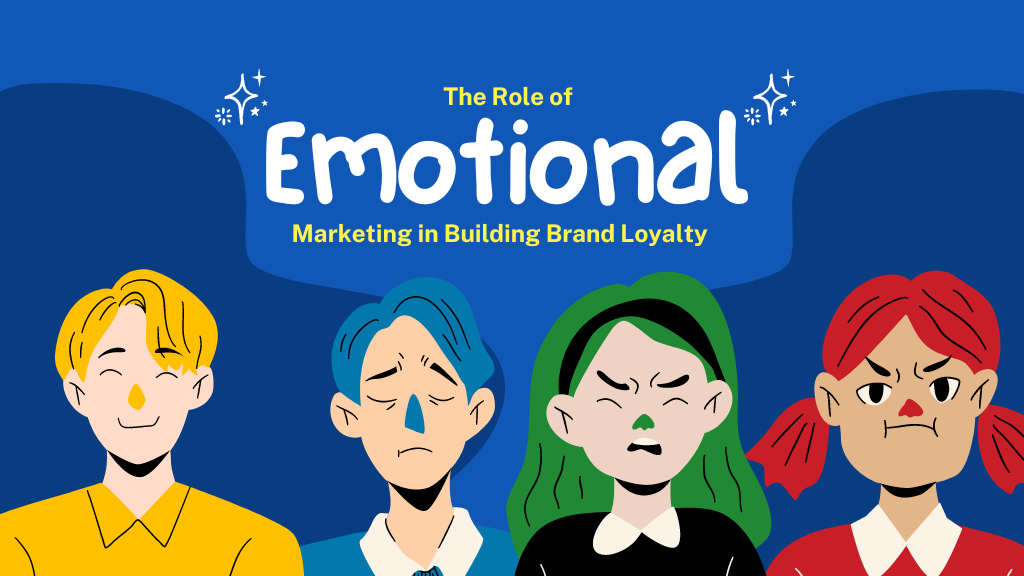
Introduction: In today’s digital age, where competition is fierce and consumer attention spans are fleeting, businesses are constantly seeking innovative ways to stand out and connect with their target audience. While traditional marketing tactics focus on highlighting product features and benefits, there’s a growing recognition of the importance of emotional marketing in building lasting brand loyalty. In this blog post, we’ll explore the concept of emotional marketing, its profound impact on consumer behavior, and practical strategies for incorporating emotional appeal into your marketing campaigns.
Understanding Emotional Marketing: Emotional marketing is a strategic approach that aims to evoke specific emotions and feelings in consumers to drive engagement, foster brand affinity, and ultimately, inspire action. Unlike traditional marketing, which often relies on rational persuasion, emotional marketing taps into the human psyche, leveraging emotions such as joy, nostalgia, fear, or empathy to create meaningful connections with customers. By resonating with consumers on a deeper, emotional level, brands can cultivate loyalty, advocacy, and long-term relationships.
The Science Behind Emotional Marketing: Research in psychology and neuroscience has shown that emotions play a significant role in decision-making processes. Studies have demonstrated that emotions influence perceptions, memory recall, and purchasing behavior, often overriding logical reasoning. When consumers feel emotionally connected to a brand, they’re more likely to develop trust, loyalty, and a sense of belonging, leading to repeat purchases and positive word-of-mouth referrals. Therefore, mastering emotional marketing is essential for brands looking to create meaningful connections and drive sustainable growth.
Real-World Examples of Emotional Marketing: Numerous brands have successfully leveraged emotional marketing to create compelling campaigns that resonate with their target audience. For instance, Coca-Cola’s iconic “Share a Coke” campaign personalized its packaging with people’s names, fostering a sense of inclusivity and personal connection. Similarly, Dove’s “Real Beauty” campaign challenged traditional beauty standards and empowered women to embrace their natural beauty, sparking widespread conversation and brand loyalty.
Strategies for Incorporating Emotional Appeal: To harness the power of emotional marketing, brands must first understand their target audience and identify the emotions that resonate most deeply with them. Whether it’s a sense of belonging, nostalgia, aspiration, or altruism, aligning your messaging with the emotional needs and desires of your audience is key. Additionally, storytelling is a potent tool for evoking emotions and creating authentic connections. By sharing compelling narratives that tug at the heartstrings, brands can forge emotional bonds that transcend transactional relationships.
Conclusion: In today’s hypercompetitive marketplace, emotional marketing offers a powerful strategy for building lasting brand loyalty and driving sustainable growth. By understanding the psychological drivers of consumer behavior and leveraging the science of emotions, brands can create meaningful connections that resonate with their audience on a profound level. By incorporating emotional appeal into your marketing campaigns, you can inspire loyalty, advocacy, and genuine affinity, positioning your brand for long-term success in the hearts and minds of consumers.



